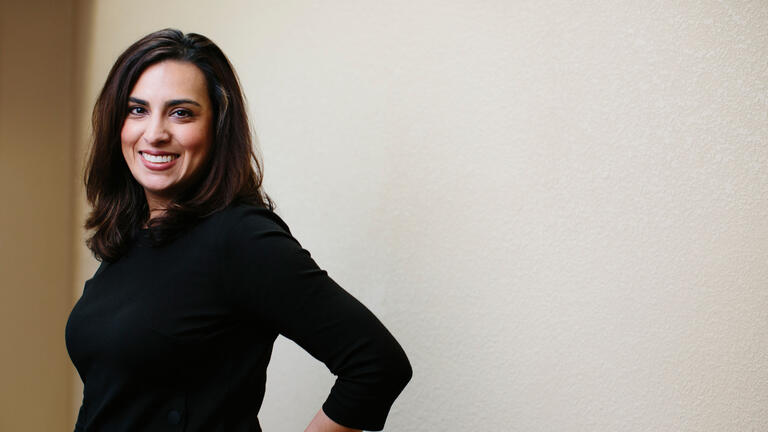
Program Overview
The Master of Arts in Organization and Leadership gives students the opportunity to focus their study in several areas that represent current dimensions and challenges of leadership.
To meet the needs of working professionals, the program follows a Teaching Weekend schedule of alternate weekend classes that convene nine times a semester.
Optional Focus Areas
The faculty of the Organization and Leadership Program are pleased to offer the following focus areas of study. Our programs are designed to train instructional leaders and to address the shortages of principals, superintendents, directors, and administrative personnel in San Francisco Bay Area schools. The curriculum weaves together current research with direct application to the field with a focus on creating school leaders for social justice. Contact the specific faculty member listed in each area below for additional information about that focus.
Leadership in the Community Context
The Leadership in the Community Context focus is an opportunity to address practices and issues of concern to 21st-century leaders and their management of a diverse work force. Students will explore topics that have received attention in recent years, including different leadership styles, organizational change, work teams, global leadership, managing diversity, and ethical leadership.
Higher Education Leadership
Higher education leadership prepares aspiring administrators, leaders, and scholars of higher education to work in college and university settings. This emphasis exposes students to the challenges facing higher education in light of rapidly changing social, political, and demographic contexts. Common themes throughout each class are:
- issues of access and equity in post-secondary institutions and the experiences and problems facing under-represented groups
- complexities involved in transforming organizations and programs to achieve equitable outcomes for all students.